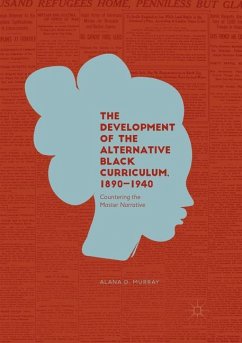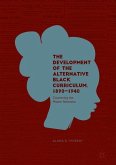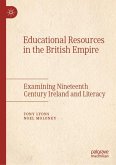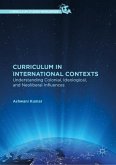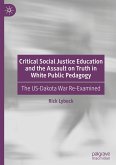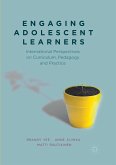This book examines black intellectual thought during from 1890-1940, and its relationship to the development of the alternative black curriculum in social studies. Inquiry into the alternative black curriculum is a multi-disciplinary project; it requires an intersectional approach that draws on social studies research, educational history and black history. Exploring the gendered construction of the alternative black curriculum, Murray considers the impact of Carter G. Woodson and W.E.B. DuBois in creating the alternative black curriculum in social studies, and its subsequent relationship to the work of black women in the field and how black women developed the alternative black curriculum in private and public settings.
Bitte wählen Sie Ihr Anliegen aus.
Rechnungen
Retourenschein anfordern
Bestellstatus
Storno

